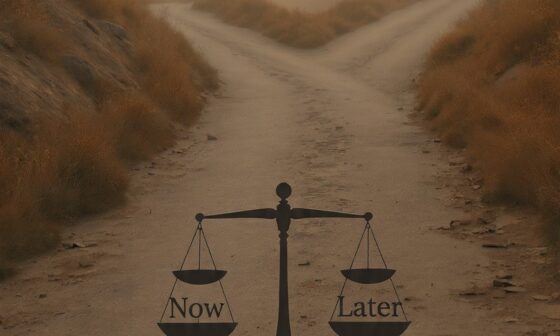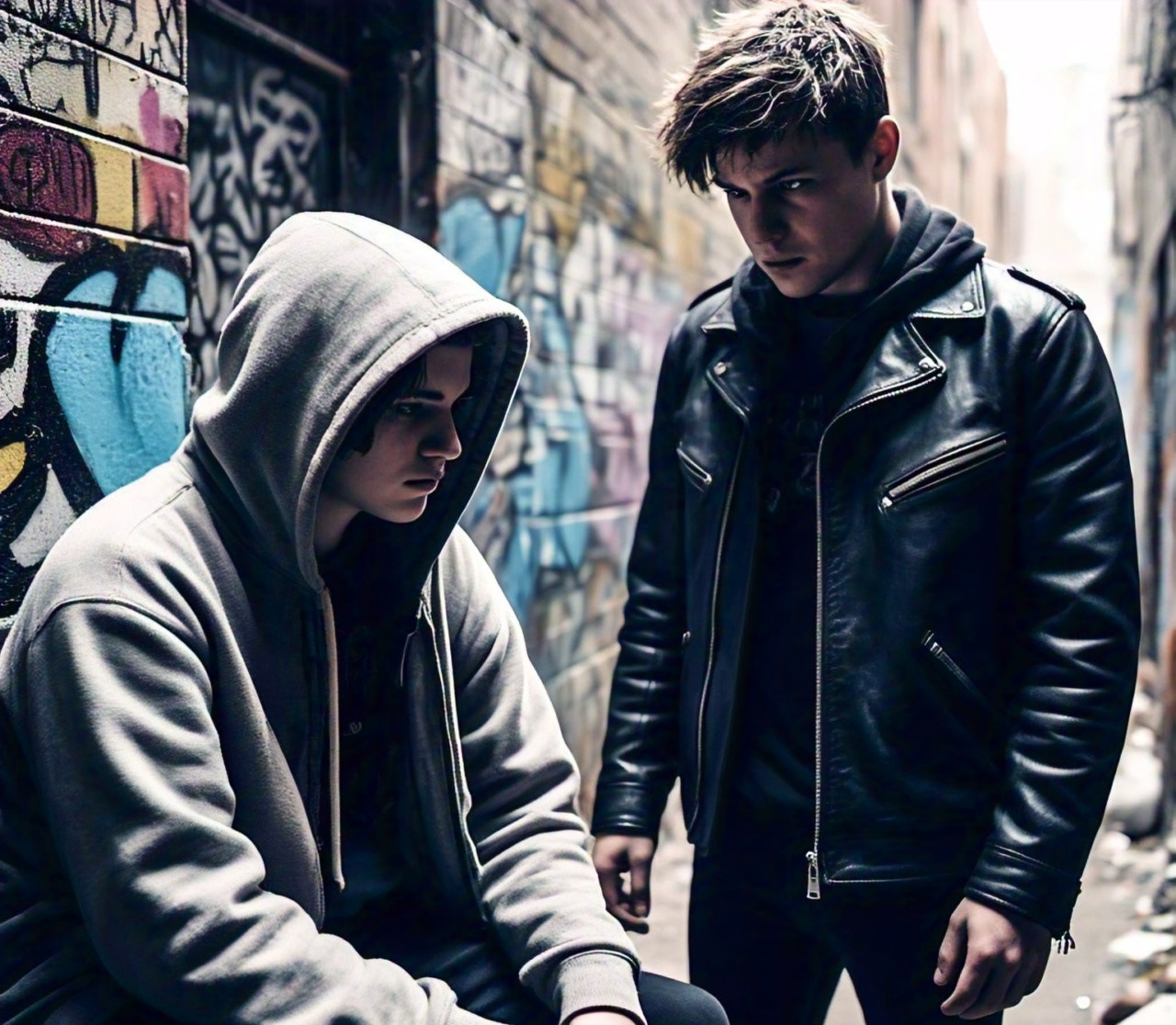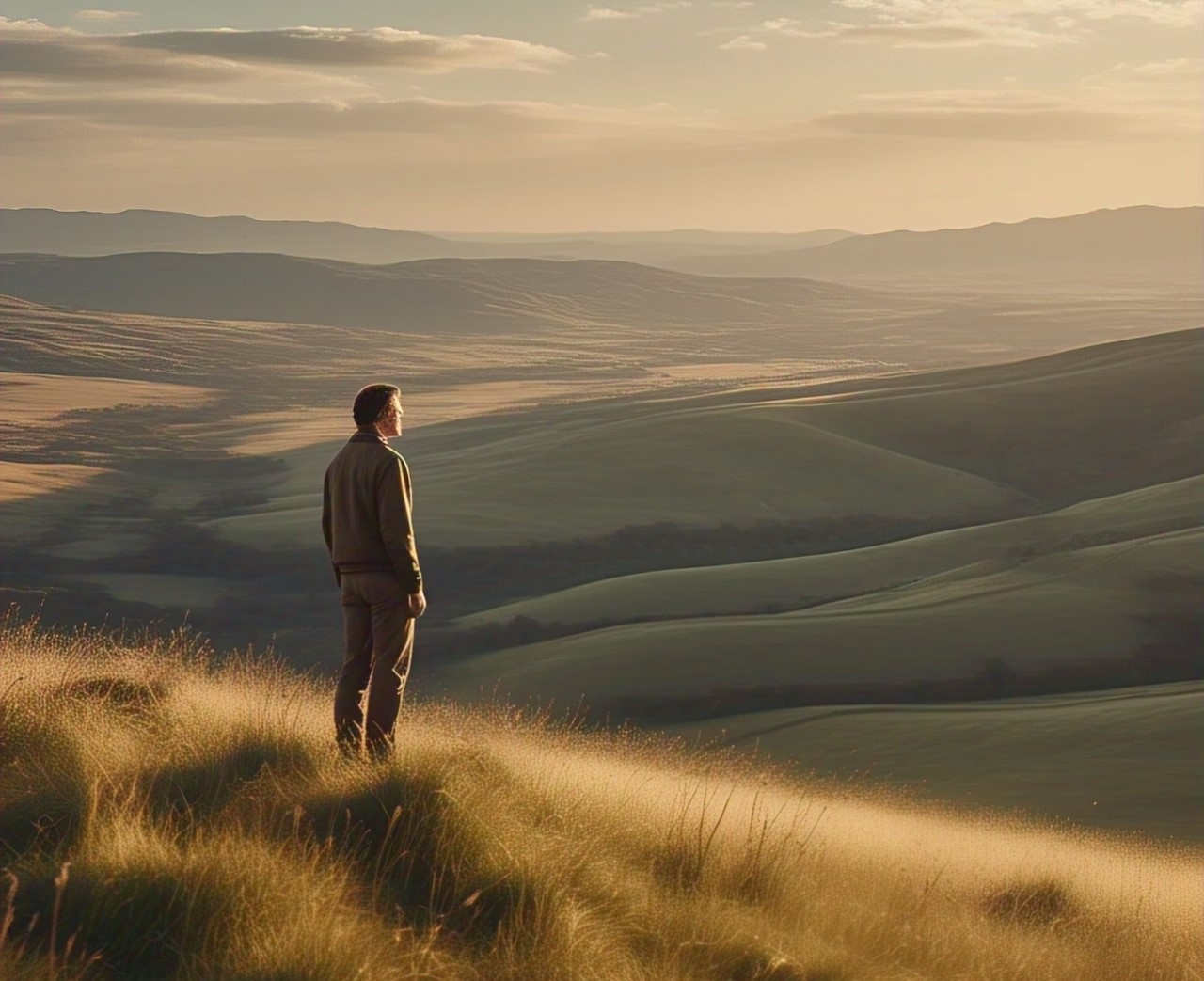What do you do when your values contradict each other?
It is easy to think of right and wrong as black and white, and maybe it is but until life hands you a moment that forces you to choose between two “rights.” Do you protect a friend or tell the truth? Stand for justice or preserve peace? These are not just classroom debates or philosophy exercises. They are the invisible crossroads we all face, sometimes daily where our principles collide and demand real decisions.
Dilemmas as they are called are not signs of weakness; they are signs of maturity; they show up not when we lack values, but when we have too many that matter. And sometimes, life does not give us a “correct” answer; it gives us a test of conscience.
For the past 3 days I have been pondering on something, and my personal experience is not your personal experience but I am sure we have faced things like this before: Dilemma. So today I want us to talk about the nature of ethical and moral dilemmas, unpack popular examples like the Trolley Problem, and look at how our everyday choices quietly reveal the integrity of our beliefs. And if you do get the perfect answer, great! But this is not about finding perfect answers; it is about learning to ask better questions when your values are on trial.
When Doing Right Feels Wrong: The Dilemma of Modern Morality
For many of us, we like to believe that doing the right thing will always feel good. but sometimes, it does not. In fact, doing what is morally or legally right can bring discomfort, guilt, or even backlash, especially when it goes against emotions, relationships, or cultural norms.
Picture this: Imagine reporting a beloved co-worker for theft. It is the right thing to do from a legal and ethical point of view, but emotionally, it can feel like betrayal. Or consider telling the truth in a situation where a lie would bring comfort, like revealing an uncomfortable secret that could save someone from future harm. Morality sometimes comes with discomfort and unsettling feelings, and this is the dilemma of modern morality: Our values sometimes demand we act in ways that hurt now but heal later; it forces us to weigh emotional costs against long-term consequences. That discomfort is not a sign that we are doing something wrong; it is evidence that the choice actually matters.
Caught Between Two Goods: Why Ethical Choices Are Not Simple
It is not every choice that is about choosing between good and evil. Some of the hardest ones ask us to choose between two equally good things:
- Loyalty and honesty.
- Justice and mercy.
- Personal peace and public responsibility.
These are the real battlegrounds of ethics. Let us picture a person who finds out their sibling has committed a serious offense. Should they protect their sibling out of family loyalty, or report it to uphold justice? Both choices are rooted in good values, but whichever they choose, they will feel like they are betraying something sacred. This kind of dilemma is what philosophers call a “right vs. right” conflict; there is no villain here, just competing virtues pulling at the heart. And in many of these moments, what defines us is not the clarity of the answer, but the courage to choose when it is hard.
Real integrity is not tested when it is easy to be good; it is tested when being good in one direction means sacrificing another kind of good.

The Price of Integrity: Would You Betray a Friend for the Truth?
Again let us picture this:Your closest friend confides in you about something wrong that they have done and it is something serious. Now you are torn between: Do I stay loyal and silent, or speak out and risk betraying their trust? This is one of the oldest and hardest ethical questions: When does the truth outweigh loyalty?
Integrity! Integrity! Integrity! Integrity always demands consistency with your values, especially honesty and justice. But relationships demand loyalty, discretion, and trust, and when these collide, there is always a cost.
- Exposing the truth may protect others or uphold justice, but it may also ruin a friendship or tear apart a community.
- Staying silent may preserve your bond but leave you complicit in harm.
This type of dilemma is deeply personal because it strikes at the meeting point of your identity and connection with friends, family, and standing for the truth. What matters more, being true to your principles, values, the truth, identity or to your people? And the answer is not always obvious, but sometimes: The right choice is the one that keeps your soul at peace, even if your heart is in pain.
Because in the end: The price of your integrity is sometimes measured in relationships, but the price of your silence, over time, can mean you pay by putting a dent or a bend on your character.
The Trolley Problem in Your Daily Life
The Trolley Problem is a classic philosophical dilemma: A runaway trolley is about to kill five people. You can pull a lever to divert it onto another track, where it will kill one person instead. Do you act? Or do you let fate take its course?
I know that can seem very abstract and unlikely, but walk with me, I will make it personal for you because this kind of choice happens in real life more than you realize:
- Do you support a policy that helps the majority even if it disadvantages a few?
- Do you speak up at work about something unethical, knowing someone may lose their job, but others may be protected?
You can see that the real-world version of the Trolley Problem often is not about life and death; it is about trade-offs. It is about choosing where your resources go, who gets your time and attention, or what values take priority in tough moments. Because most people never pull an actual lever, but we all make quiet decisions that carry the same moral weight.
So, whether you act or stay silent, redirect our time or your energy, you are constantly answering one question: What kind of outcome am I willing to live with? What is of more value to me?
Your Ethics Are Being Tested And You Don’t Even Know It
Many people think of ethical tests as big, dramatic moments, courtroom decisions, whistleblowing, or life-or-death choices, but the truth is, your ethics are being tested quietly, consistently, and often without warning.
- It is in the choice to cut corners when no one is watching.
- To scroll past injustice because it is inconvenient.
- To laugh at a harmful joke to fit in.
These may not seem big to you, but they are character-defining choices, where:
- Small compromises shape larger habits.
- A tiny shift in honesty today becomes a blind spot tomorrow.
- A little silence in the face of wrong becomes permission in someone else’s eyes.
You do not need a moral emergency to show who you are because your daily responses are already doing that.
The Stoics believed that virtue is revealed not in words, but in actions repeated over time. So know that you are becoming someone every day, whether you mean to or not; the most important and real question is: Who are you becoming?
Would You Steal to Feed a Starving Child? The Morality of Desperation
What happens when survival challenges morality? Would you break the law to save a life? Would you steal bread if your child was starving?
This question forces us to confront the gray zones of ethics, the places where rules, compassion, and desperation collide. The point of the question is to point out that it is easy to preach principles when you are comfortable, but what about when you are desperate? And as some will say, when push comes to shove?
Many faith traditions and philosophies, including Stoicism and Christianity, acknowledge that intent and context matter. Stealing is wrong, but is a starving parent immoral or simply human? And if you were the judge, would you punish or protect?
This dilemma reminds us that morality is not always about perfection; it is about understanding that: True ethical maturity means seeing the full picture, acknowledging both law and mercy. Sometimes, desperation does not erase wrongdoing, but it demands empathy.
And maybe the deeper question is not, “Would you steal?” but, “Would you let your neighbor go hungry without helping because maybe you just did not have enough?”
The Hidden Cost of Comfort: Choosing Between Justice and Peace
Peace is a beautiful thing, until it becomes a cover for complacency, because sometimes and in many societies, families, and institutions, the desire to “keep the peace” often silences the pursuit of justice.
We have all heard the phrase, “Don’t rock the boat,” but what if the boat is carrying injustice? What if staying silent means allowing harm to continue just because speaking up might cause conflict?
And this is the point here: There is a hidden cost to comfort. Sometimes, peace is preserved at the expense of truth, dignity, or progress. People stay in toxic workplaces, communities ignore abuse, people suppress discomfort, just to maintain a fragile calm. The real dilemma here is this: Do you choose the safety of harmony or the discomfort of confrontation for the sake of what is right? Because, know this! Sometimes justice comes disruption and progress almost always comes with resistance.
So my dearest reader, you may not be able to fix everything, but in your own space, in your home, your work, and with your voice, you must decide: Is your peace worth more than someone else’s pain?
Freedom or Security? Why You Can’t Have Both All the Time
Freedom and security are two values that I am sure that almost if not everyone wants, but they sometimes pull in opposite directions:
- The more watching and security you accept, the safer you may feel, but at what cost to privacy and liberty?
- The more freedom you demand, the more you expose yourself to risk.
So where do we draw the line?
Governments face this dilemma when crafting policies. Families face it when raising children. Individuals face it in relationships, workplaces, and personal habits. Do you give up some control to feel protected? Or do you take responsibility and live with the risk?
There is no perfect answer, only a constant negotiation, and as the world changes, so do the boundaries, and after every crisis, we ask: How much are we willing to sacrifice to feel safe?
The danger is when fear tips the scale too far: When we surrender too much freedom in the name of protection, we may end up losing both. True wisdom is learning to live in the tension and guarding whichever side is most at risk in the moment.
Right vs. Right: How to Navigate the Hardest Choices
Remember what I said earlier, that some of life’s most painful and important decisions are not between good and evil; they are between two things that are both right, and that is what makes them so hard.
- Should you tell a painful truth or protect someone’s feelings?
- Stand by your family or defend a stranger who’s been wronged?
- Chase a dream or stay for someone who needs you?
These are not flaws in our moral code; they are proof of its richness. They show that our values are deep and sometimes in conflict, and in these moments, you may not find perfect clarity. What you will find is the need for courage, reflection, and sacrifice.
Navigating a “right vs. right” decision means being honest with yourself about what matters most in this situation. It is not about abandoning one principle for another; it is about prioritizing wisely, knowing fully well the cost of your choice. And sometimes, the most ethical decision is not the one that feels good; it is the one you can live with when the silence comes and no one is left to applaud or condemn.
Read Also: Closing Your Eyes Is Not An Excuse
Read Also: The Sin of Knowing And Not Doing
Read Also: It Takes What It Takes: The Stoic Truth Behind Greatness
Conclusion
Life does not hand us easy choices; it hands us tension between loyalty and honesty, peace and justice, freedom and security. It hands us moments when doing the right thing feels wrong, or when we must choose between two “rights” that pull at us equally. These moments are more than moral puzzles; they are mirrors, revealing who we are under the surface of what we say we believe.
In these dilemmas, we find out what kind of person we are becoming, not just in theory, but in the quiet places where no one is watching:
- Where integrity costs something.
- Where compromise whispers.
- Where comfort tempts.
- And where the only voice left to answer to is your own.
Because, at the end of the day, what shapes your life most is not just what you believe; it is what you choose when belief meets pressure.
Now ask yourself: If someone you love did something wrong, and the truth would cost them everything. Would you stay loyal, or speak the truth?
Your values are waiting for your answer.





